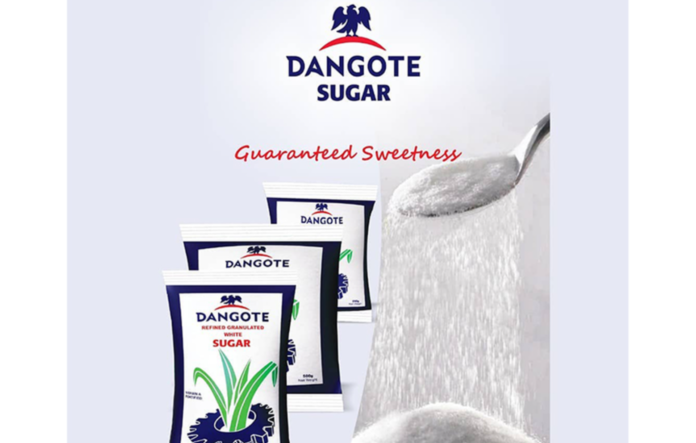BY EMMANUEL OLUKOTUN
The low cost of sugar is improving the profit margin of some business entities in Nigeria, even as Nigeria imported about 98,000 metric tonnes of the commodity in March, 2025.
Analysis has shown that demand for sugar experienced a considerable decline due to favourable weather conditions in Brazil.
The South American nation, contributes about 70 percent of the global raw sugar supply. Nigeria allocates a substantial part of its foreign exchange to importing raw sugar from Brazil, with domestic consumption ranging from 1.4 to 1.6 million metric tons annually.
About 96 percent of Nigeria’s imported raw sugar comes from Brazil, which is processed in Nigeria’s three major sugar refineries owned by Dangote, BUA, and Golden Penny.
Favorable weather and low oil prices which discourage Brazilian mills from redirecting a larger share of cane into ethanol, are impacting the white commodity.
The sugar market in Nigeria, worth $2 billion offers investors good opportunity as a result of increasing demand for domestic production.
The Nigerian government, started up the Nigeria Sugar Master Plan ll (NSMP ll), to revive the nation’s sugar industry, via, increased production, job creation, including electricity and ethanol generation.
The plan’s goals include producing 161 million liters of ethanol, generating 400 megawatts of electricity, and creating 11.6 million metric tons of animal feed. Identifying optimal land for sugarcane cultivation, boosting crop yields, and attracting over $4 billion in investment are essential components of the plan’s seven pillars, which encompass a more comprehensive diversification strategy.
The government advocated for 50,000 hectares of commercial farming to help achieve these targets. Approximately 70% of the anticipated production will derive from brownfield projects, which involve expanding existing sugar estates, while new sugar projects are also in consideration.
The USDA projected that global sugar production for 2025–2026 would increase by 4.7% year over year (y/y) to a record 189–318 million metric tons (MMT), resulting in a global sugar surplus of 41–188 MMT, a 7.5% increase year over year.
Meanwhile, Africa’s richest man, Aliko Dangote, revealed plans for a historic sugar refinery project in the Bono Region that would boost the local industry and lower Ghana’s $162 million sugar import bill. The refinery in Kwame-Danso will process 12,000 tons of sugarcane daily across 25,000 hectares of irrigated farmland.

